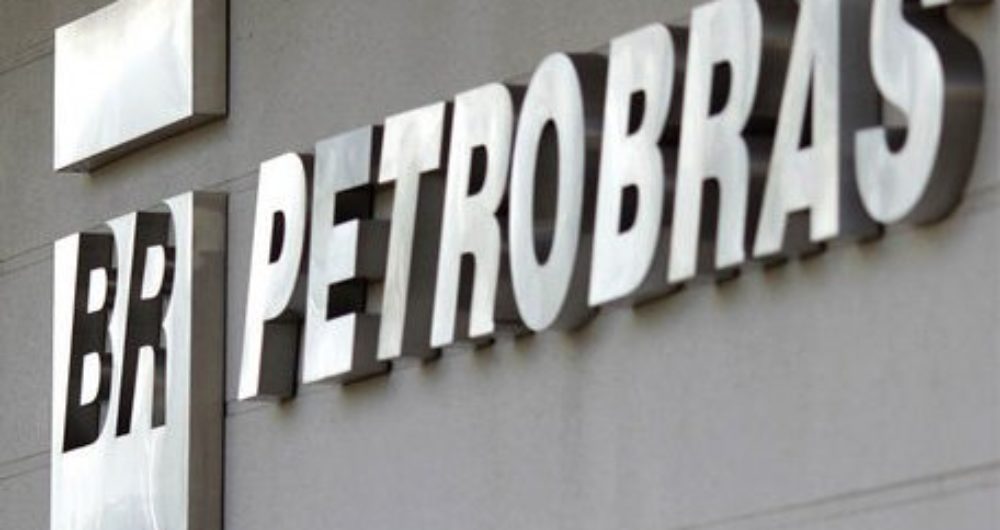RIO DE JANEIRO, BRAZIL – The Brazilian oil company Petrobras plans to start drilling oil wells next year in the controversial concessions it was awarded in deep waters of the Atlantic, in front of the mouth of the Amazon River, and whose exploitation is harshly criticized by environmental groups.
This Friday, at a press conference by Fernando Borges, director of Commercialization and Logistics of Brazil’s largest company, the forecast was disclosed this Friday, who said that Petrobras expects to receive the respective environmental license early 2022.

“The expectation is to have the environmental license in early 2022, and the forecast is that we can start a drilling campaign of at least 3 exploratory wells by the end of 2022,” assured the executive.
Borges included Petrobras’ concessions off the mouth of the Amazon in an area he called the “equatorial margin” and includes other neighboring areas in which the company also has exploration rights, such as the marine of the state of Maranhão and the Barreirinhas basin.
He stated that Petrobras considers the equatorial margin of the Atlantic Ocean, off the coast of Brazil, as a very “interesting” and “promising” exploration horizon, and cited the discoveries made in the area by Guyana and Suriname, in which reserves of up to 10 billion barrels have already been confirmed.
Read also: The South American Guyana-Suriname Basin Could Be The Last Big Oil Boom
Petrobras, a company controlled by the State, but with shares traded on the stock exchange, has 6 concessions to explore and exploit hydrocarbons in an area in profound waters of the Atlantic, some 120 kilometers off the coast of the state of Amapá, in front of the mouth of the Amazon.
The rights to these areas were awarded in 2013 to a consortium formed by the French energy giant Total (40%), the British BP Energy (30%), and Petrobras (30%). Still, the European companies, under pressure from environmental groups in their countries, abandoned the project and sold their shares to the Brazilian company.
The French group opted out of the project completely after receiving criticism from the Greenpeace organization, which denounced that a coral reef at the mouth of the Amazon is in danger of a possible oil leak due to the proximity of the drilling.
Different environmental groups have denounced the danger to the coral reefs in the region, of great biological richness and very recently discovered, in the event of an accident in oil operations.
Despite pressure from environmentalists, the National Petroleum Agency (ANP, regulator) approved the projects. The Brazilian Environmental Institute (Ibama) is advancing in the process of granting the respective environmental license.
“Petrobras has a good track record in the licensing process since it was implemented in Brazil. We have already had projects licensed in deep waters in this region, such as in the Sergipe basins. We have developed a serious work, and we know the basins well. We are doing a robust work in the environmental impact study of the project”, said Borges.
The leader affirmed that the company has already demonstrated that it has a fast and effective mobilization capacity to contain accidents in marine waters, with structures to remove spilled oil and monitor beaches.

“Our work with Ibama is evolving well, and we are studying hard and are dedicated to meeting the environmental licensing requirements in a sensitive area and demonstrating that we can operate safely,” he said.
In its strategic plan for the five-year period 2021-2025, Petrobras has earmarked about 1 billion in investments for oil exploration and exploitation on the equatorial margin.

